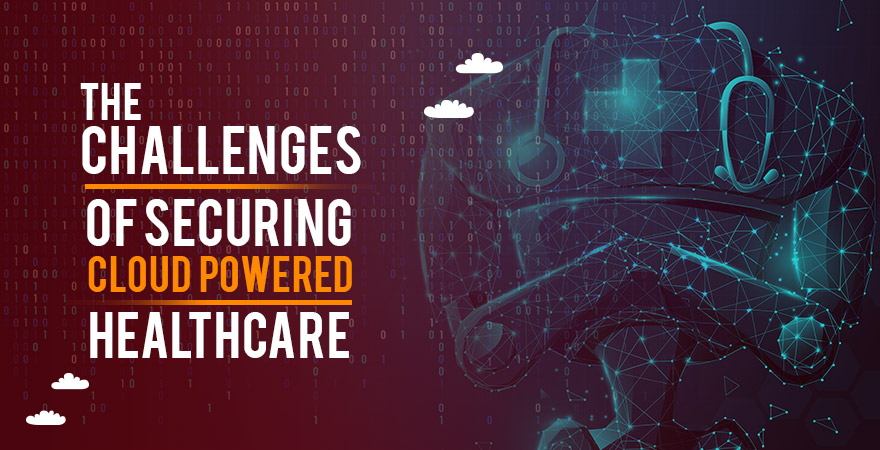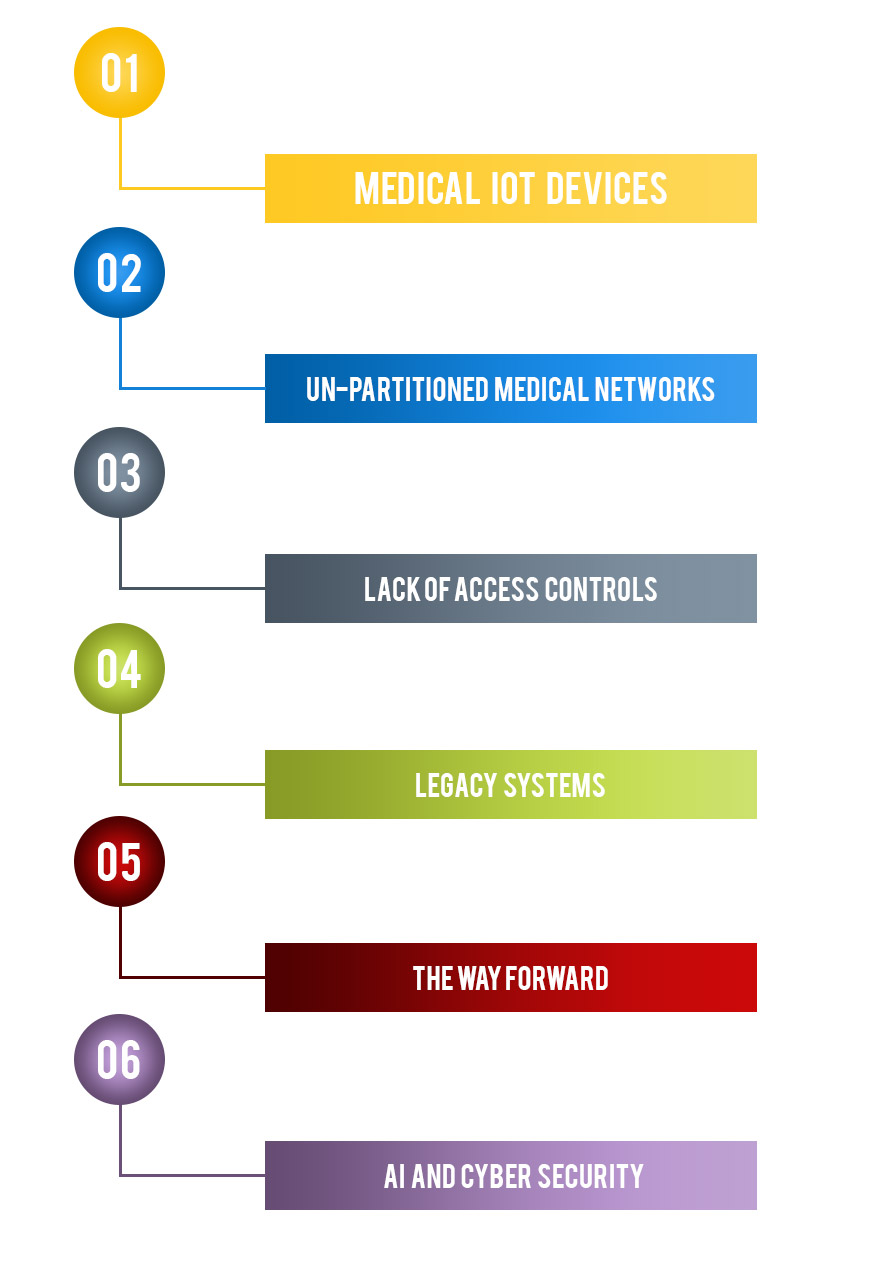The global healthcare sector is desperately trying to cope with the sheer scale of the Covid-19 medical crisis. While healthcare providers already have too much on their plates to worry about, cyber attacks are posing a whole new set of challenges.

In these unprecedented times in which one would think that all we need is solidarity to cope with this global crisis, there are still nefarious cyber actors operating across the globe that are targeting the healthcare sector like never before.
Also Read:
- How dinCloud Mitigate Business Continuity Challenges from Covid-19?
- Role of Digital Infrastructure in Covid-19 Response
The susceptibility of the healthcare sector to cyber threats is nothing new. It is by far considered one of most coveted and sought after avenues for perpetrating cyber attacks. Perhaps it is due to the very high stakes involved.
Medical records are of a highly personal and sensitive nature. No healthcare provider can risk losing these records to a cyber attack, as the chain of events after such a breach are pretty hard to even imagine.
The Dilemma for Healthcare Sector
Under the current pandemic crisis, the last thing healthcare providers would like to worry about is cyber security. At the moment, the primary focus of this sector should be treating the patients infected with the deadly novel Corona virus, rather than beefing up security.
However, the sheer scale and frequency of cyber attacks being launched against healthcare institutions across the globe is giving rise to a whole new dilemma. How do you balance the timely provision of medical assistance, without compromising on data security?
Also Read:
- Public Cloud Emerges as the Savior Amid Covid-19 Chaos
- Covid-19: A Catalyst for Desktop as a Service (DaaS) Demand
Telemedicine and Cyber Threats
Now, consider the simple example of the telemedicine that can play a leading role in providing the much-needed medical advice to patients in general and Covid-19 infected persons in particular.
However, even telemedicine is badly suffering amidst these rising cyber attacks because healthcare systems are no longer in a position to provide a secure infrastructure over which telemedicine can be provided to the people in need.
The Race against Time
As the number of infected people and casualties from this virus keeps rising globally, healthcare systems are under increasing pressure to ramp up their capacity for treating more and more infected people.
In this race against time, the cyber security aspect of medical data and records over the cloud is proving to be a major obstacle. While most healthcare systems want to rapidly scale up, they can’t do so in this hostile cyber environment.
Also Read:
- Leveraging the Cloud to Cope With the Effects of Covid-19
- Cloud Computing; A Savior Among the Covid-19 Crisis
Cyber Attacks and WHO
The World Health Organization (WHO) has become one of the most frequently targeted institution in the wake of Covid-19 crisis. Hackers from across the globe are trying to infiltrate its network and take over it to spread misinformation.
Another aspect of cyber attacks around WHO involves cyber miscreants bombarding individuals and organizations with emails purported to be sent by WHO, while in reality, they are not. Such phishing emails often contain harmful links that install malware.
Healthcare Networks and Ransomware
Ransomware is yet another cyber weapon that is being used extensively against healthcare systems. While ransomware is nothing new to this sector, the sheer scale of ransomware attacks amidst Covid-19 is touching alarmingly high levels.
Below are some of the most vulnerable segments of the healthcare systems that are being targeted extensively.

Medical IoT Devices
These are fast becoming common place. While they add a lot of convenience and agility for healthcare providers, their cyber security is yet to catch up with the latest trends.
Un-Partitioned Medical Networks
As soon as a cyber miscreant gains access to the network of a healthcare system, the whole network is then up for grabs as most of them lack network partitioning as a line of defense.
Lack of Access Controls
Gone are the days when mere passwords could secure a network. Multi factor user authentication is one area where most healthcare systems are lagging behind.
Legacy Systems
The public healthcare systems in particular still rely on obsolete and dated systems that not only lack performance but also a strong cyber security posture.
The Way Forward
It is a need of the hour that healthcare systems beef up their cyber security profile and adopt a holistic approach to security. The human element from security needs to be replaced with intelligent monitoring systems that are robust and ever vigilant.
AI and Cyber Security
With present day cyber attacks getting stealthier, Artificial Intelligence (AI) will have to be used in conjunction with other cyber security tools to detect anomalies and imminent cyber threats before they inflict any damage.
Securing healthcare systems is indeed a daunting challenge that will need a highly coordinated effort on the part of healthcare providing entities, law enforcement agencies (LEA) and cyber security experts.
The true potential of cloud based telemedicine and other remote medical technologies will only be realized if we can evolve the presently vulnerable healthcare sector into a highly secure and impregnable ecosystem.


